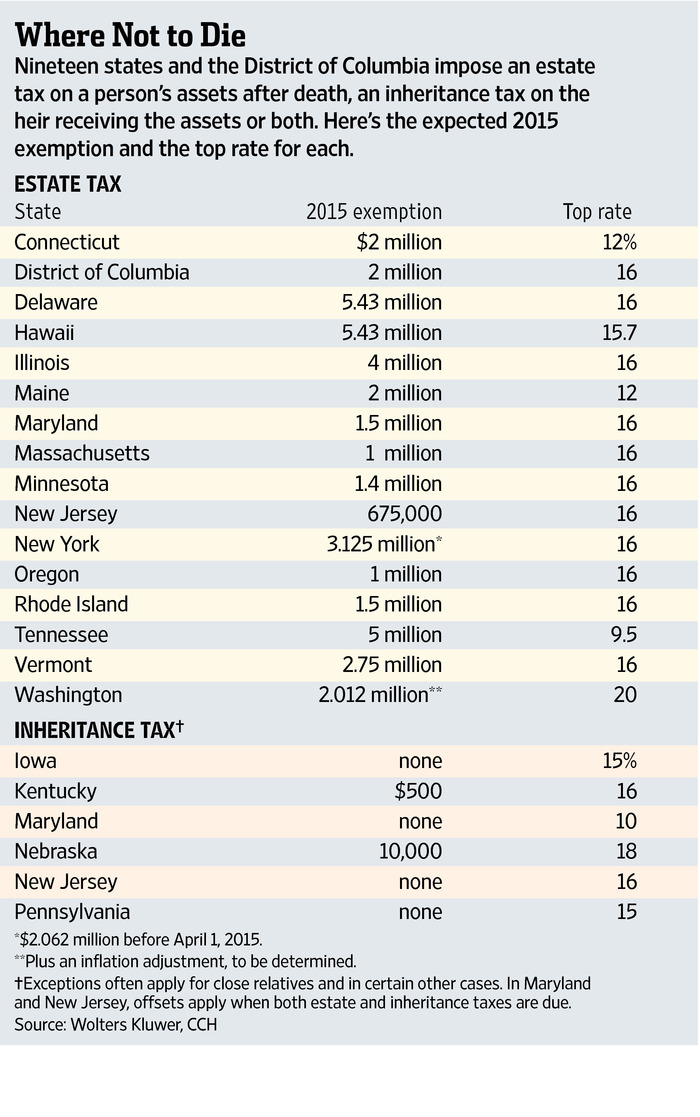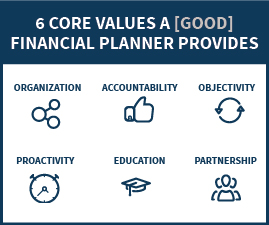Will Ferrell & Amy Poehler’s Awesome Approach to Funding College
Leave it to Will Ferrell and Amy Poehler to transform one of the most emotion-driven dilemmas of financial planning into hilarity! How do you prioritize funding your own retirement versus funding your children’s education? The short version of the prudent response follows the airline safety briefing: put on your oxygen mask first before helping others.
Hope you get a good laugh from the movie trailer below. Of course one of our favorite parts of the script is the following exchange:
Financial Advisor: “You don’t have enough money.”
Will Ferrell: “It says right here we have 401 thousand dollars.”
Amy Poehler: “Jackpot!”
Will Ferrell: “You missed it.”
Financial Advisor: “Ah, that says you have a 401(k) account.”
If you want to take a more deliberate (and legal) route to funding your children’s college education and balancing the other demands of your life, give us call 😉
























